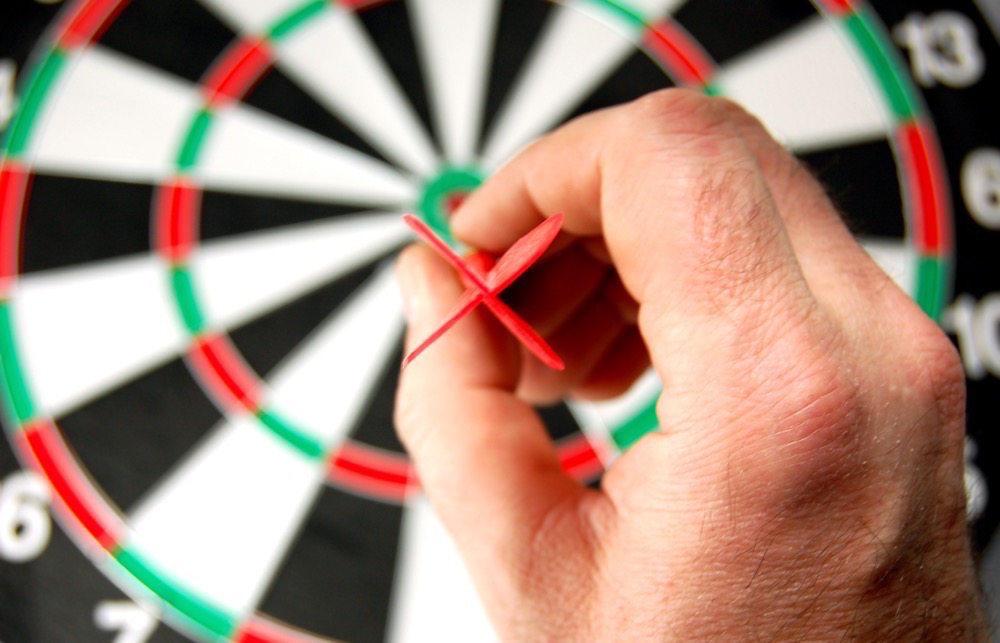When Benjamin Franklin was a young man, he identified twelve virtues that he wanted to develop and make a part of his character. A friend saw his list and half-jokingly suggested that he add humility to his list. Franklin agreed, and appended it to his list of now thirteen virtues.
Humility was the one that he always had the hardest time with. There’s a significant reason for that. The first twelve virtues were ones he had come up with. He thought long and hard about the kind of man he wanted to be and that’s what he saw. That was his vision. Humility was someone else’s idea. He didn’t have the same intimate, emotional connection to it.
That’s the same reason we struggle with setting goals that last more than 30 days. Defining the SMARTER attributes and breaking down the goal into smaller milestones, checkpoints, projects, and specific tasks are a good start. They’re necessary, but not sufficient. In order to make our goals powerful—and not just written aspirations—we need to be clear on why we’re setting the goal.
My first experience with setting goals was using the Franklin Quest (now Franklin Covey) Goal Planning form. This form has three sections. Right at the very top, before you get into what the goal is and what you’re going to do to achieve it, is room to write down how the goal fits into your values, mission, and roles.
At the time, I thought this was just busy work. I felt like it was asking me to justify the goal. Why did it matter why I wanted to do it? I wanted to do it! Wasn’t that enough? C’mon! Let’s clarify the outcome, break it down, and start knocking out these tasks! Let’s go!
Now I can see the wisdom behind that section. Not just in including it in the form—it’s got to be important if you’re fitting it into a 5.5″×8.5″ page—but in putting it first.
Why is it so important to establish the why behind the goal?
- To make sure this is the best use of your time. I hit the nail on the head—it is justification. Your options are surpassed only by the demands on your time. Does this goal align with your values? Does it grow from your personal mission in life? Or are you just getting caught up in someone else’s good idea for you to spend your time?
- To make sure you have the right end in mind. Even if the goal is one of the best uses of your time, you still need to make sure you’re heading in the right direction. If you haphazardly slap some Next Actions together, you’ll get a lot done, but will you end up in the right place? Keeping the why in mind will help you set a goal that pulls you in the right direction instead of just pushing you away from the status quo.
- To keep going when you lose your momentum. The bigger the goal, the more resistance you will have to overcome to achieve it. The initial excitement and surge of energy will fade, and you’ll be tempted to quit. Most do. But not you. Your why will reconnect you to the emotion you have tied to the outcome. It’s the only way you’ll keep going.
If you don’t understand why you’re setting a goal, it won’t last 30 days. When the going gets tough, you’ll just walk away.
Start every goal with your why—why are you not satisfied with the status quo? Are you trying to be a better man, like Franklin? Building a better life for your family? Trying to change your family tree? Leave a legacy?
You can begin with the end in mind, but you’ll only finish if it’s in your heart.
Question: Why did you set the goals you’re working towards? Share your thoughts in the comments, on Twitter, LinkedIn, or Facebook.

